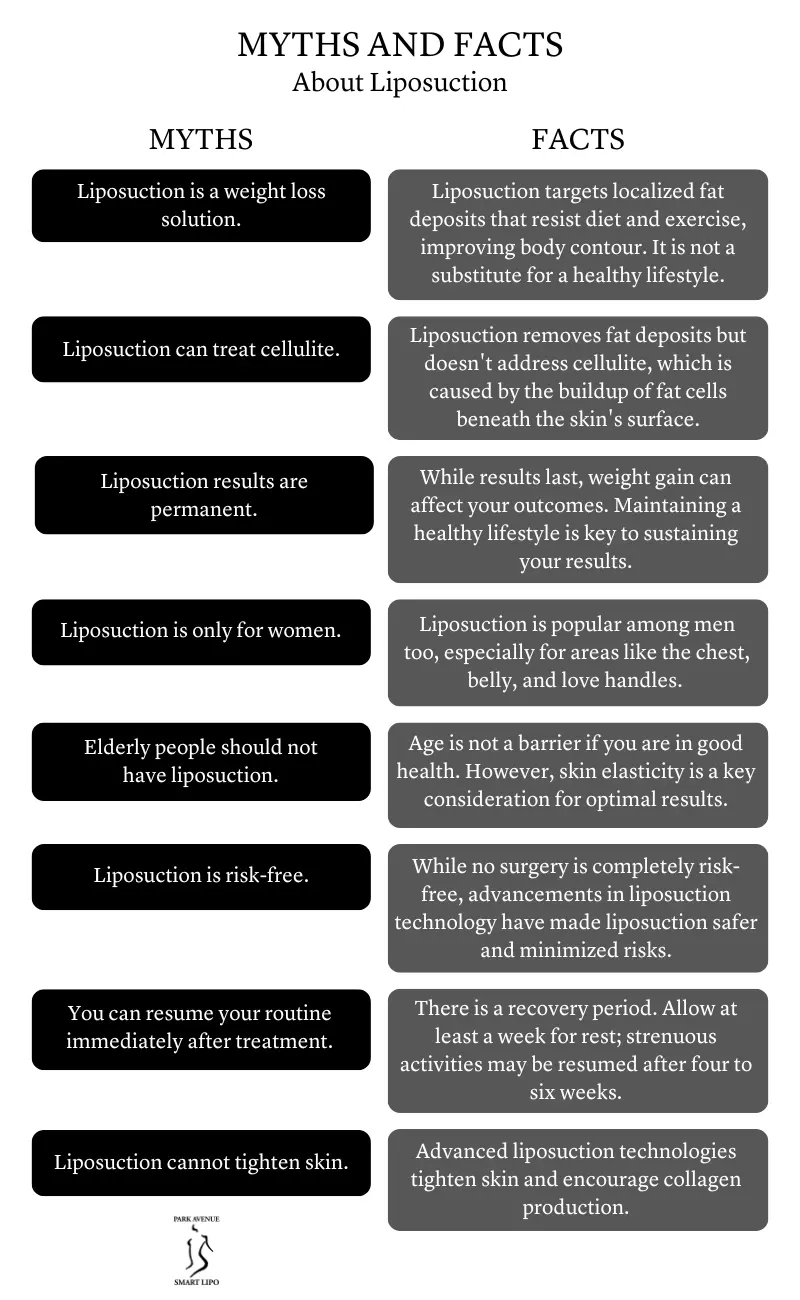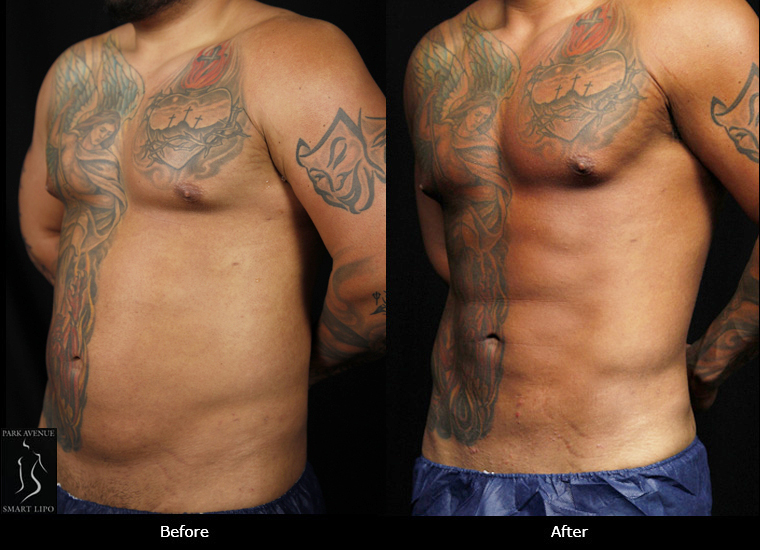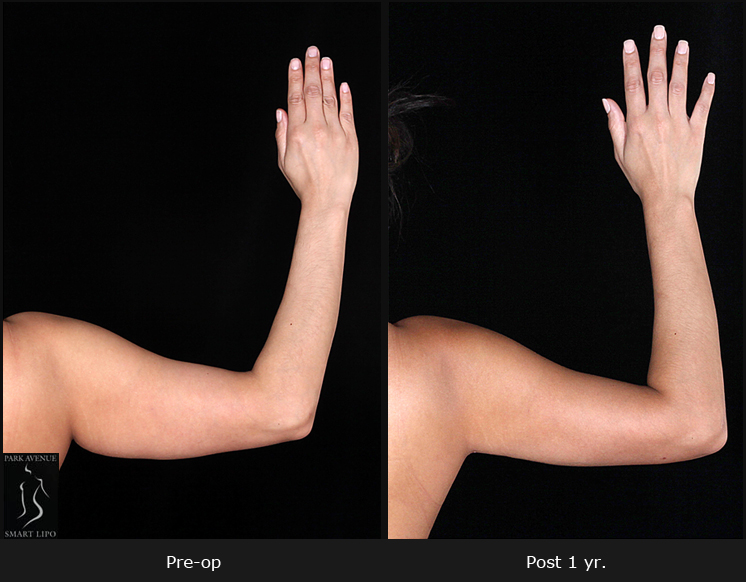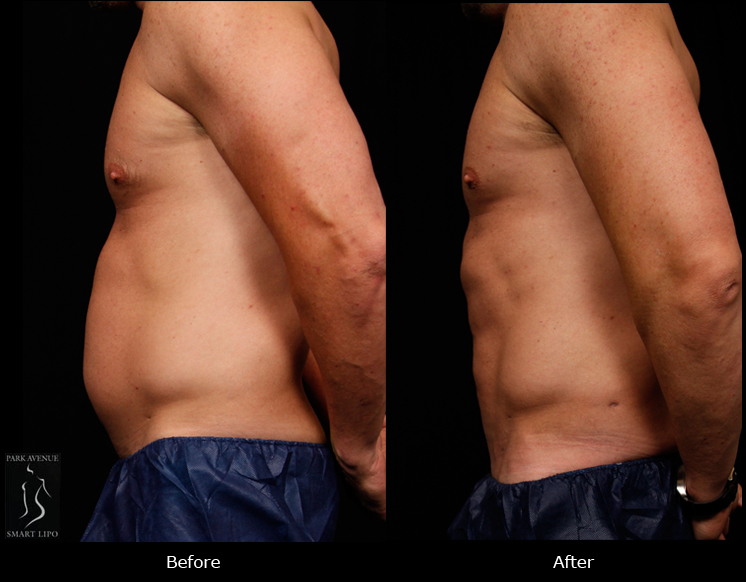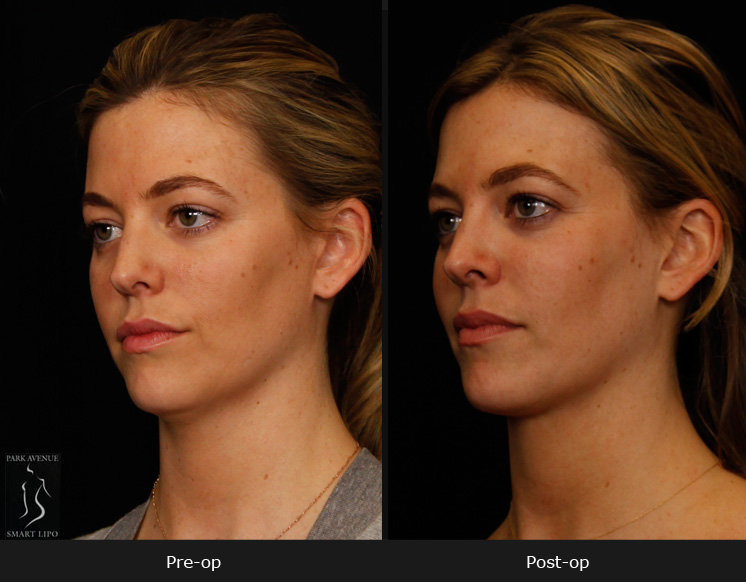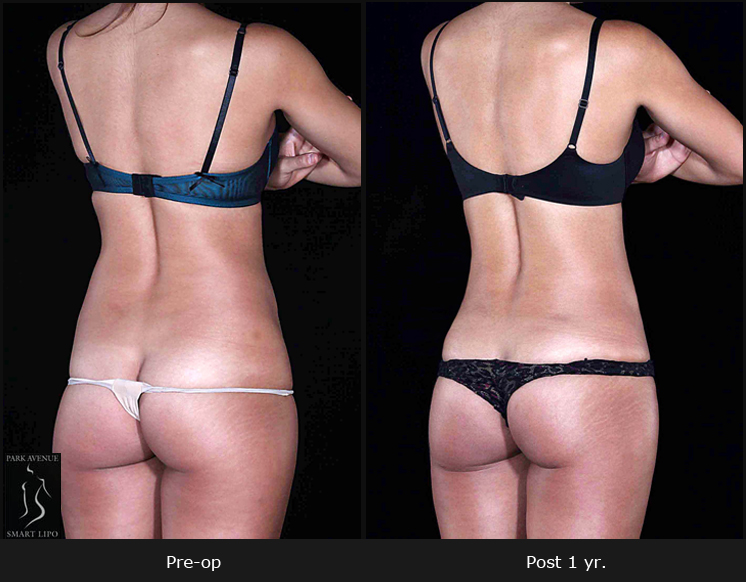Liposuction removes excess fat and improves body contour. Advanced, minimally invasive techniques such as laser liposuction in NYC using Smartlipo Triplex combine efficiency and safety, enhancing your appearance with minimal side effects and downtime. However, despite its widespread acceptance and advances in medical technology, many misconceptions persist regarding what liposuction can and cannot achieve. From myths about its effectiveness as a weight-loss solution to misunderstandings about its risks and recovery process, these misconceptions can deter individuals from making informed decisions. Here, we bust eight common fallacies about liposuction.
8 Misconceptions About Liposuction
- Liposuction is a weight loss solution: A common misconception about liposuction is that it’s a fast way to lose weight. The truth is that liposuction is not a substitute for healthy lifestyle choices like a balanced diet and regular exercise. Rather than causing substantial weight loss, liposuction is intended to target localized fat deposits that are resistant to diet and exercise. The result is improved body contour. Good candidates for liposuction are those who are close to their optimal weight.
- Liposuction can treat cellulite: Liposuction cannot address cellulite, the uneven buildup of fat cells beneath the skin in the spaces between fibrous connective tissues. The goal of liposuction surgery is to eliminate fat deposits. It doesn’t primarily assist in removing the cellulite or address the underlying issue that is causing the skin to dimple. Liposuction is capable of eliminating soft fatty tissues, not the connective tissues beneath the skin, which causes cellulite accumulation.
- Results are permanent: Although liposuction can produce benefits that last a long time, it’s crucial to realize that treatment cannot stop weight gain in the future. Following liposuction, the remaining fat cells may swell up if you gain weight. However, as there are fewer fat cells in the treated area, the distribution of fat may be more uniform. Sustaining the outcomes of liposuction requires continuing a healthy lifestyle.
- Liposuction is only for women: Liposuction is not restricted by a person’s gender. ASPS data shows that liposuction ranks among the top seven cosmetic procedures performed on males in the US alone in 2021. The majority of men have liposuction targeting their chest, belly, and love handles.
- Elderly people should not have Liposuction: A prevalent misunderstanding regarding liposuction is that elderly individuals cannot safely undergo the treatment. This is not true. Cosmetic surgeons say that the procedure is safe for anyone in good health. Though age does not play a role in determining candidacy, the skin’s loss of elasticity might seriously impair the ability to re-drape the skin after surgery. Before the procedure, the surgeon will make sure liposuction is the right treatment for you and can help you achieve your aesthetic goals.
- Liposuction is risk-free: When considering liposuction, potential adverse effects are a major concern for most patients. Not surprisingly, considering the amount of misinformation that exists around this treatment, the majority of prospective candidates pause to reconsider their choice. Although no surgical procedure including lipo is completely risk-free, medical technologies have advanced significantly over time to provide patients with safe treatment with minimal risks. Make sure the plastic surgeon performing the procedures a highly qualified and has years of experience in the field.
- You can resume your routine immediately after the treatment: Regardless of how safe and common liposuction is, there is always a recovery period after any surgical treatment. The most frequent side effects following a procedure include minimal bruising, mild pain, and swelling in the vicinity of the treated sites. For optimal results, give yourself at least a week to relax and recover, even if everyone’s healing process is different. Resuming rigorous activities may take four to six weeks for certain patients.
- Liposuction cannot tighten skin: Many people believe that liposuction cannot tighten skin and that once the fat is removed, the skin may sag. While the primary goal of traditional liposuction was to remove fat, technological advancements have produced techniques that also encourage skin tightness. Energy assisted procedures like radiofrequency-assisted liposuction (BodyTite), ultrasound-assisted liposuction (VASER), and laser-assisted liposuction (SmartLipo) increase skin elasticity and encourage the synthesis of collagen.
Consult with an expert plastic surgeon and discover the latest advancements in liposuction.
Now that you know the facts, you can decide whether you should go ahead with laser liposuction in NYC. Choose an AAAASF-accredited plastic surgery center that offers the service of plastic surgeons who are experts in this procedure.


